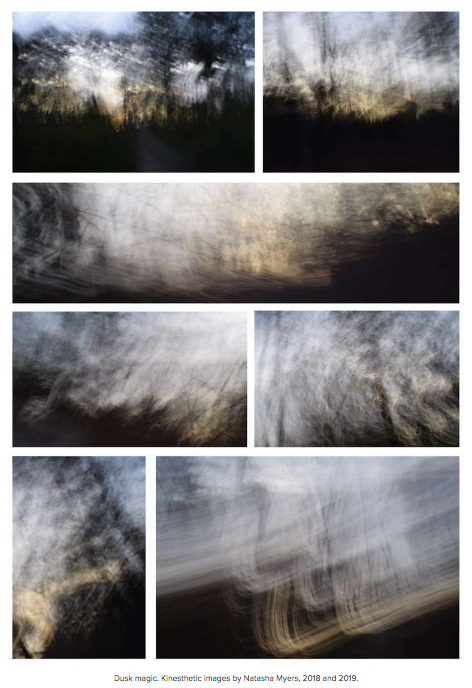Get ready for the next #Distribute2020 panel,
"Urban (Re)Distributions: Power, Affect, and the Built Environment"
· "(Re)distribuciones urbanas: Poder, afecto y entorno construido"
@hemanginigupta @nick_kawa @_mattbarlow
"Urban (Re)Distributions: Power, Affect, and the Built Environment"
· "(Re)distribuciones urbanas: Poder, afecto y entorno construido"
@hemanginigupta @nick_kawa @_mattbarlow

@mayanthileilani asks @_mattbarlow about scale: "Can you place your argument about the relationship between Hindu nationalism and mega infrastructure & whether it's particular to a postcolonial moment in India or is it transferable to other postcolonial contexts?" #Distribute2020
@nick_kawa discussing the "excess" of the audio-visual quality of these panels: "We're playing with that, how can we play with the excesses of meaning within our collaborations and our audio-visual content?
#Distribute2020
#Distribute2020
In talking about #shit: "We're fucking with people's expectations of what's appropriate in a formal academic context, and how we negotiate talking about human excrement which is often socially taboo, which lends itself to jokes and exploration outside 'the formal'" - @nick_kawa
• • •
Missing some Tweet in this thread? You can try to
force a refresh








